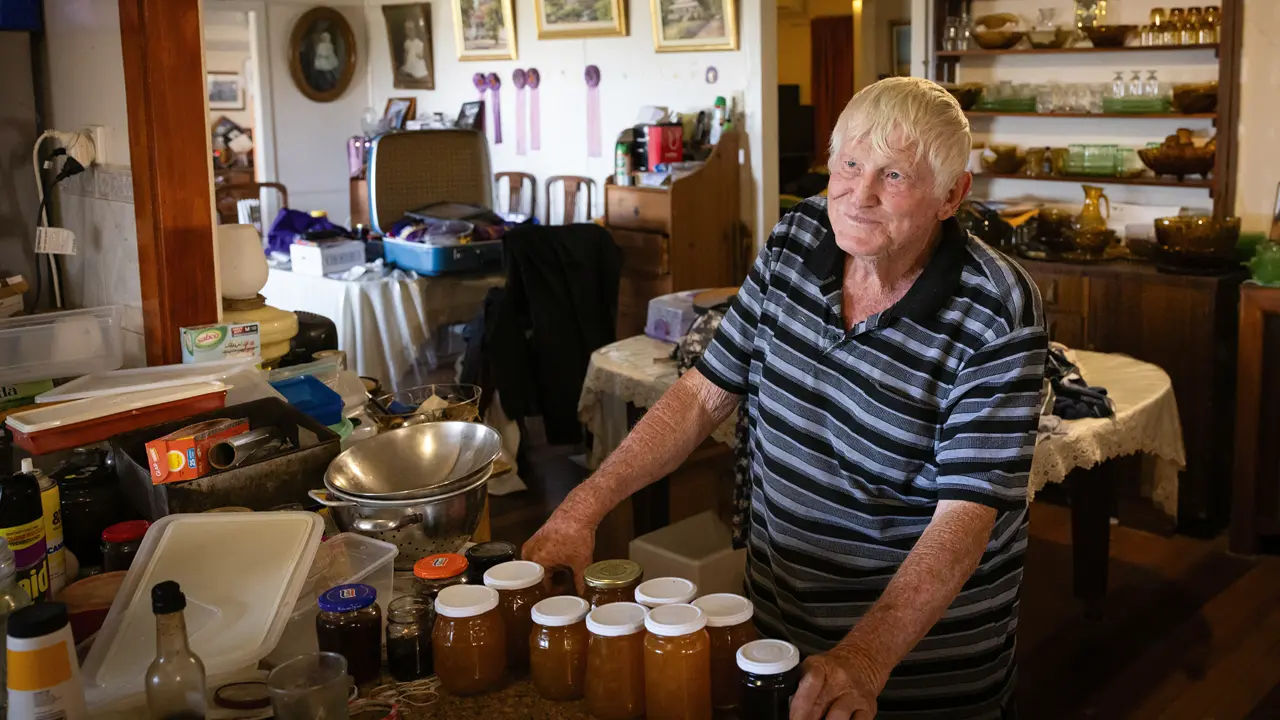From the ashes of Black Saturday a group of women has formed a unique support group that’s resonating in trauma-affected communities everywhere.
Story By Amanda Burdon
In the immediate aftermath of the Black Saturday fires that ravaged rural Victoria in February 2009, the communities were in chaos – 173 people had died, countless homes had been destroyed and lives had been irrevocably altered. Surviving residents were bereft, homeless and hungry – not only for food but also for companionship and comfort.
Within days Jemima Richards set up a private relief centre on her property between Kinglake and Kinglake West. The centre came to be known as 305 (her property number) and began catering to hundreds of people daily. Volunteers collected and distributed urgently needed donations, meals were prepared and people shared their experiences. “We all began speaking the new, secret language of a club that none of us wanted to belong to,” Jemima says.
The 305 centre and another at Kinglake West met the soaring demand for assistance as the full enormity of the crisis unfolded. Only when community resources became overstretched did the Victorian Government agree to fund a more permanent relief centre. Soon it was providing evening meals for upwards of 400 people. It also became a safe haven where anyone affected by the fires could gather and seek support, and where the slow process of stitching together the singed fabric of the rural communities could begin.
Emergency services volunteer and Pheasant Creek resident Kate Riddell didn’t know Jemima at the time, but in the weeks after the fires she also became acutely aware of the horrendous toll they had taken. Kate feared the connections being made, especially among women, might not endure after the relief operation wound down.
Kate, Jemima and Arwyn Taylor have subsequently established an extraordinary group named Firefoxes, which has not only sustained but strengthened those vital connections. By offering support and organising activities that have brought people together, the group has also rolled out an inspiring blueprint for disaster recovery that is resonating around the globe. From New Zealand’s earthquake victims and those mopping up after the Queensland floods, to the US Gender and Disaster Resilience Alliance, others who have been touched by trauma or tragedy are learning lessons from the Victorian bushfire survivors.
This story excerpt is from Issue #86
Outback Magazine: Dec/Jan 2013









